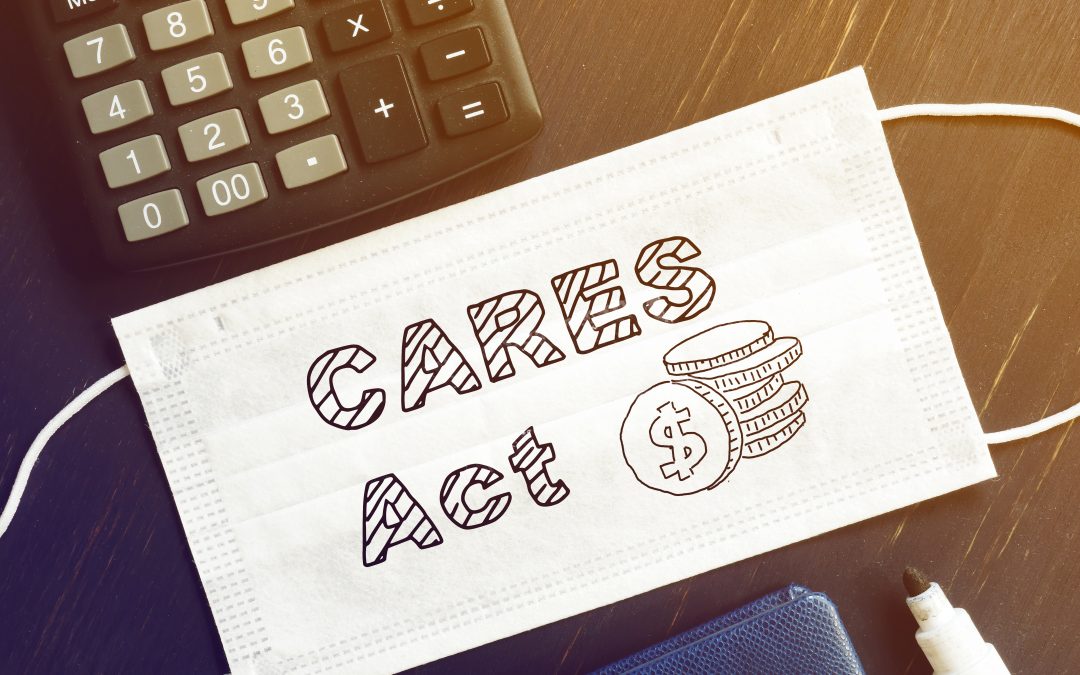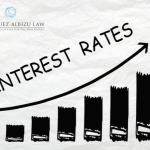(CARES) Act has allocated $350 billion to help small businesses keep workers employed amid the pandemic and economic downturn. Known as the Paycheck Protection Program, the initiative provides 100% federally guaranteed loans to small businesses who maintain their payroll during this emergency. Loans can be up to 2.5 times the borrower’s average monthly payroll costs, not to exceed $10 million. The interest rate is 0.5%, and the term of the loan is 2 years. These loans may be forgiven if borrowers maintain their payrolls during the crisis or restore their payrolls afterward. These loans will be administered through approved lenders. Businesses are eligible if they are either a small business with fewer than 500 employees, a small business that otherwise meets the SBA’s size standard, an IRS Section 501(c)(3) organization with fewer than 500 employees, or an individual who operates as a sole proprietor or independent contractor.
To qualify, the business must have been in operation before February 15, 2020, and must have paid salaries and payroll taxes or paid independent contractors. A good faith certification that the uncertainty of current economic conditions makes the loan request necessary to support ongoing operations is required, as well as a guaranty that the borrower will use the loan proceeds to retain workers and maintain payroll or make mortgage, lease, and utility payments. The borrower must also certify that it does not have an application pending for a loan duplicative of the purpose and amounts applied for here. This program has a loan forgiveness provision that also factors in rent paid in the two months after the loan is made.
There is also an Employee Retention Credit for Employer Subject to Closure due to COVID-19 in which an eligible employer is allowed a credit against employment taxes for each calendar quarter equal to 50% of “qualified wages” for each employee taken into account for such calendar quarter. Credits are available for qualifying wages paid after March 12, 2020, and before January 1, 2021. To take advantage of this credit, employers may not have taken an SBA 7(a) Paycheck Protection Program loan.
In addition to the options provided through the federal government’s relief bills, landlords and tenants can consider lease modifications that could be a “win-win” for both parties. For example, the landlord could offer some period of free rent for 2020 as a trade-off for accelerating a renewal option. This could be a creative way to provide security for the landlord and rent relief for the tenant.
Learn more about Coronavirus small business relief options (here)






